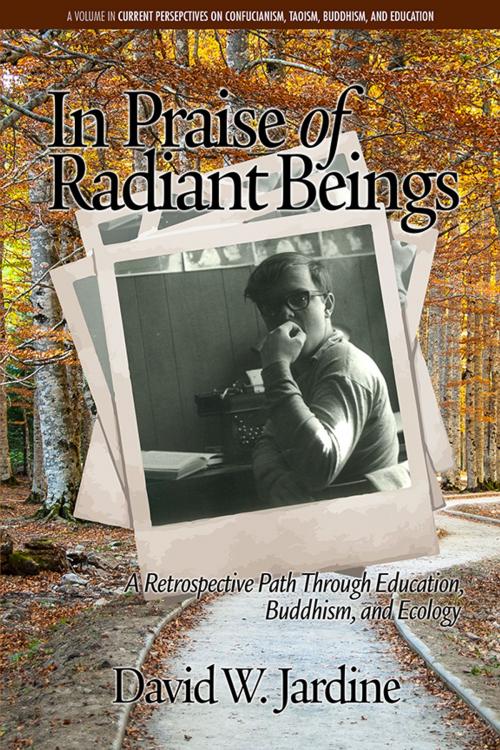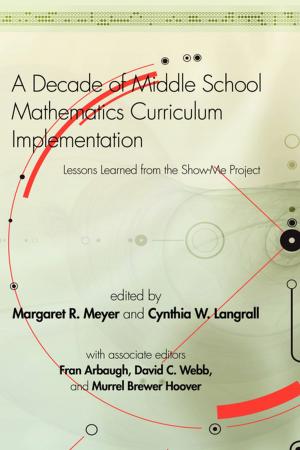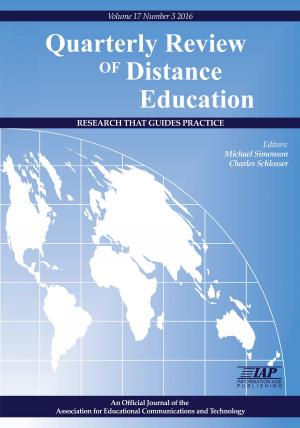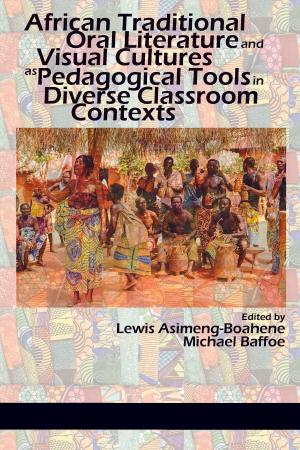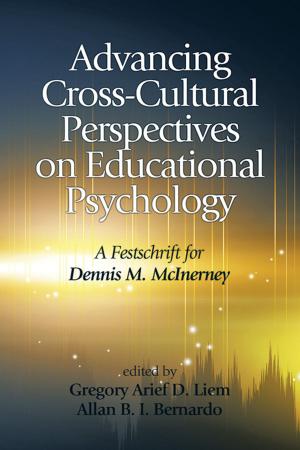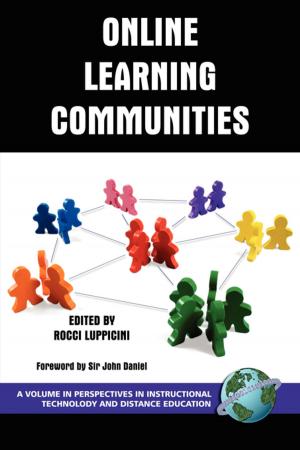In Praise of Radiant Beings
A Retrospective Path Through Education, Buddhism and Ecology
Nonfiction, Reference & Language, Education & Teaching, Non-Formal Education, Educational Theory, Curricula, Teaching, Teaching Methods| Author: | David W. Jardine | ISBN: | 9781681236063 |
| Publisher: | Information Age Publishing | Publication: | September 1, 2016 |
| Imprint: | Information Age Publishing | Language: | English |
| Author: | David W. Jardine |
| ISBN: | 9781681236063 |
| Publisher: | Information Age Publishing |
| Publication: | September 1, 2016 |
| Imprint: | Information Age Publishing |
| Language: | English |
This text is a collection of essays by noted curriculum scholar and philosopher of education, David W. Jardine. It ranges over twentyfive years of work with teachers and students in schools. The main purpose of these essays is to provide teachers with new ways of thinking about their circumstances that side step some of the panic and exhaustion that is all too typical of many school settings. Using ideas and images from Buddhism, ecological thinking, and hermeneutics, the author shows how these lineages help with the practical work of thinking and acting differently regarding the knowledge entrusted to teachers and students in schools. It offers the image of living fields of relations as an alternative to the fragmented, industrialassembly machinations that drive much curriculum thinking and practice. It roots this alternative in solid scholarly work, both inside and outside of the orbit of educational literature. This book can provide encouragement and example to those working in schools who have sensed the shifting of human consciousness and conscience over the past decades towards issues of sustainability, interrelatedness, diversity, ancestry, ecological wellbeing, and dependent coarising. It provides solid classroombased examples coupled with substantial scholarly delving into the roots of such work in longstanding streams of thinking that are born outside of the usual orbits of educational theory and practice, but that provide that practice with a refuge and a relief and an alternative. This book can also provide examples to those doing graduate work in education of how interpretive research into classrooms can be conducted, and how this work is must be solid, wellrooted, scholarly and meticulously thought out. It is useful as a handbook and sourcebook for interpretive research or hermeneutic research, and provides a wide array of sources and themes for the conduct of such work.
This text is a collection of essays by noted curriculum scholar and philosopher of education, David W. Jardine. It ranges over twentyfive years of work with teachers and students in schools. The main purpose of these essays is to provide teachers with new ways of thinking about their circumstances that side step some of the panic and exhaustion that is all too typical of many school settings. Using ideas and images from Buddhism, ecological thinking, and hermeneutics, the author shows how these lineages help with the practical work of thinking and acting differently regarding the knowledge entrusted to teachers and students in schools. It offers the image of living fields of relations as an alternative to the fragmented, industrialassembly machinations that drive much curriculum thinking and practice. It roots this alternative in solid scholarly work, both inside and outside of the orbit of educational literature. This book can provide encouragement and example to those working in schools who have sensed the shifting of human consciousness and conscience over the past decades towards issues of sustainability, interrelatedness, diversity, ancestry, ecological wellbeing, and dependent coarising. It provides solid classroombased examples coupled with substantial scholarly delving into the roots of such work in longstanding streams of thinking that are born outside of the usual orbits of educational theory and practice, but that provide that practice with a refuge and a relief and an alternative. This book can also provide examples to those doing graduate work in education of how interpretive research into classrooms can be conducted, and how this work is must be solid, wellrooted, scholarly and meticulously thought out. It is useful as a handbook and sourcebook for interpretive research or hermeneutic research, and provides a wide array of sources and themes for the conduct of such work.
